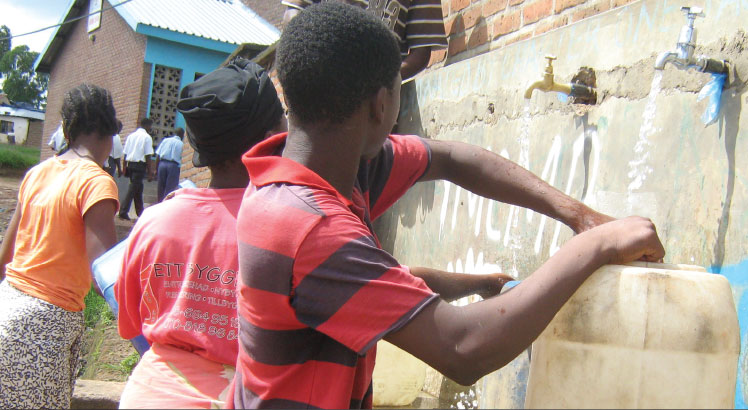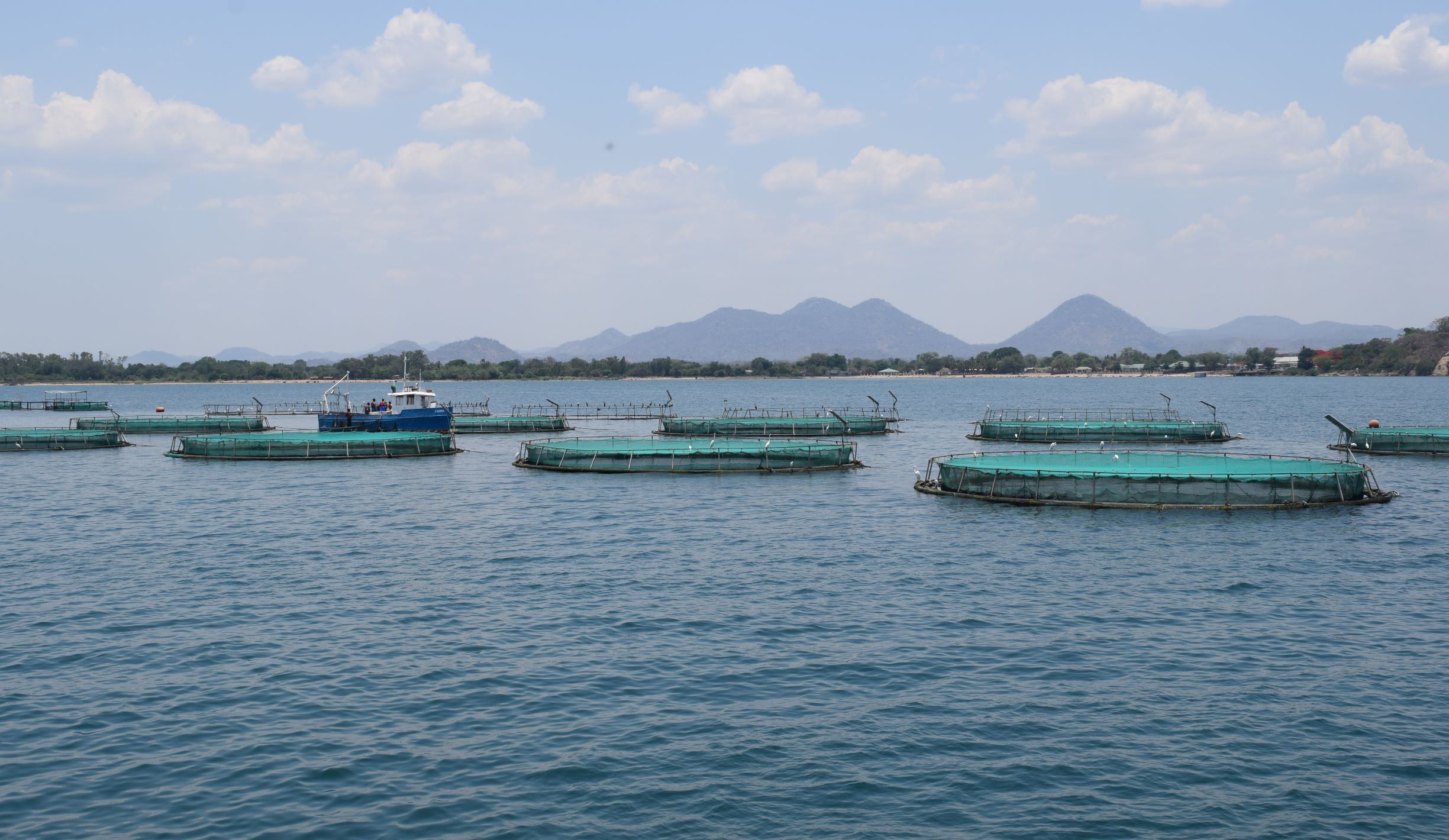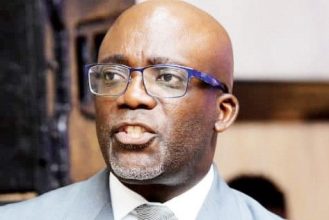Water boards seek 44% tariff increase
The country’s five water boards under Water Services Association of Malawi (Wasama) say they will meet government officials this week to propose a 44 percent water tariff hike to enable the utilities meet operational costs.
The development, which comes after the 44 percent devaluation of the kwacha on Thursday, follows another tariff increment in June this year which saw the country’s water boards raising their tariffs by an average of 50 percent.
In a brief interview on Sunday, Wasama president Francis Munthali, who is also Northern Region Water Board chief executive officer, said the devaluation is equally an effect on the water boards’ production costs.
He said: “The recent devaluation will have an equal effect on the cost of production for water. We will be engaging the government to equally raise our tariffs.”
But Minister of Water and Sanitation Abida Mia said in a brief response on Friday that at the moment, “we have not discussed a tariff increase”.
When effecting tariff adjustments in June 2023, the water boards said the proposal was justified following the 25 percent devaluation of the kwacha in May 2022 and government’s delay to implement proposed tariff increases in the previous financial year despite Cabinet’s approval.
The tariff increase in the previous financial years hovered between 15 and 40 percent, depending on the water board.

The water boards previously argued that the current tariff is below full cost recovery as they lose over K23 billion annually to ministries, departments and agencies in unpaid bills and K30 billion to non-revenue water.
Meanwhile, the water tariff hike should be a double blow to consumers, who, on Friday, had also a rude awakening when Malawi Energy Regulatory Authority (Mera) announced an increase in fuel prices, with petrol up by 40.9 percent from K1 746 per litre to K2 530 per litres while diesel rose by 42 percent from K1 920 per litre to K2 734 per litre.
The energy regulator also increased electricity tariffs by 40.92 percent from K123.26 per kilowatt hour (kWh) to K173.70 per kWh.
The increment came two months after Mera had also revised upwards electricity costs by 18 percent, moving the average electricity tariff from K104.46 per kWh to K123.26 per kWh as part of the new electricity base tariff regime, which approved an average tariff adjustment of 50.8 percent to be segmented into four annual tranches of 18 percent, 16 percent, 12 percent and nine percent from 2023 to 2027.
In justifying the electricity hike, Mera spokesperson Fitina Khonje said in an interview that the energy regulator used the automatic tariff adjustment (Ataf) formula to reinstate the value of the tariff
“There is a base tariff and Ataf. The application of Ataf aims to reinstate the value of the tariff,” she said.
Meanwhile, Consumers Association of Malawi executive director John Kapito expressed worry that the escalating prices, fuelled by the devaluation of the kwacha, but with lack of measures to cushion Malawians will worsen the suffering of consumers.






One Comment